Offshore Drilling Is Deeply Hurting Marine Wildlife and Their Habitats
Published Oct. 20 2021, 4:02 p.m. ET
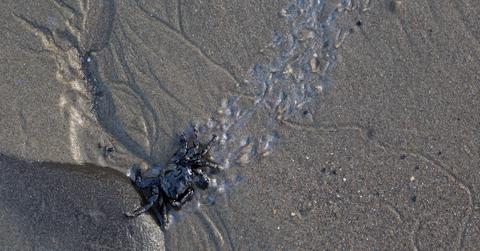
Offshore drilling is bad for the environment for many reasons. Not only is it a destructive and greenhouse gas-producing method of extraction that winds up putting more fossil fuels out into the world, but the accidental oil spills that are sometimes caused by this process can have long-lasting, disastrous consequences for entire marine ecosystems. Worse still, the effects of offshore drilling on marine life aren’t just limited to oil spills.
One pollutant can have many negative effects.
Naturally-occurring though it may be, oil is a pollutant both coming out of the ground and after it’s been used. When we burn petroleum products, either to fuel our cars, our electricity, or our factories, we are sending gouts of carbon dioxide into the atmosphere. Most experts agree that these carbon emissions are directly related to climate change and global warming, but petroleum itself is just as dangerous in its raw form.
According to the National Oceanic and Atmospheric Administration (NOAA), oil spills cause contamination across all forms of marine life. Seabirds, mammals, sea turtles, fish, crustaceans, and even mollusks are affected by the presence of crude oil. It can harm their skin, lungs, heart, reproductive organs, and gastrointestinal systems. Needless to say, crude oil is also highly toxic if ingested.
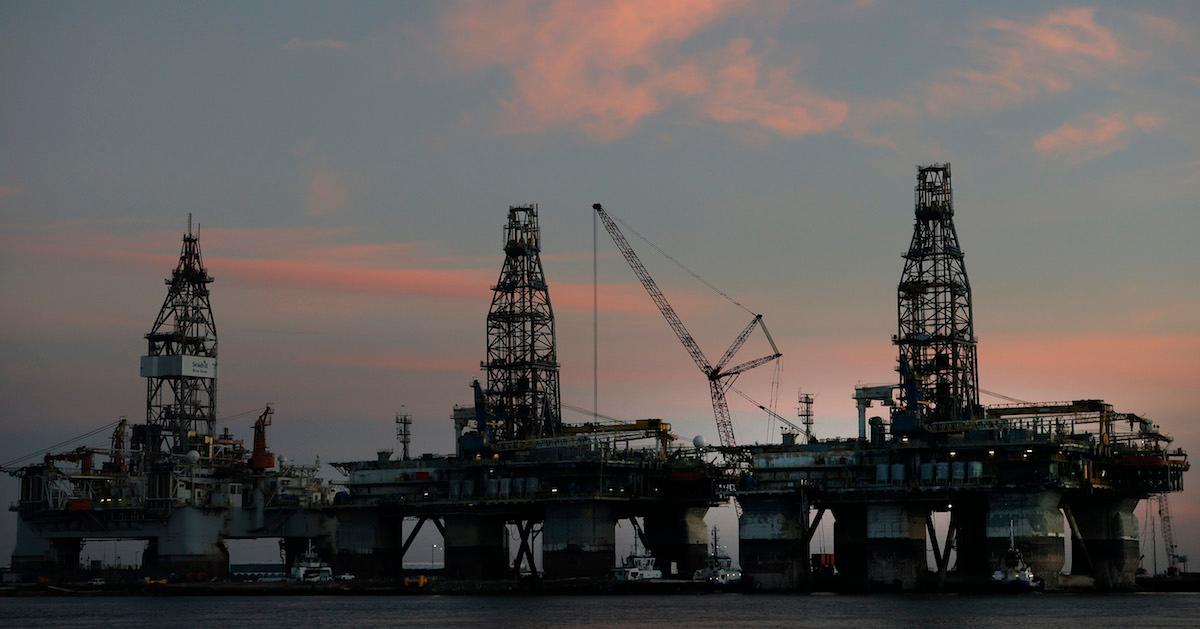
Seabirds become helplessly mired in oil.
We’ve all seen pictures of gulls, penguins, pelicans, and other seabirds coated in glistening brown oil. According to the American Bird Conservatory, the pollution caused by offshore drilling oil spills threatens sea and shorebirds along every coast. Petrochemical compounds are toxic to birds and can rob their feathers of the insulating and waterproofing qualities that help them to survive.
Seabirds aren’t only affected by oil spills, explosions, or accidents. The mere presence of offshore drilling rigs can be hazardous, as well. According to Environment America, the lights, burning flares found on offshore oil derricks are very attractive to seabirds, which crash or collide with them unknowingly at times.
Some birds will circle the lights on the rigs for hours, exhausting themselves until they collapse into the sea. Those who do find a way to land on the rigs scavenge for the food and garbage that accumulates there. That trash is often contaminated with petrochemicals, which can rub off onto the birds’ feathers or become accidentally ingested.
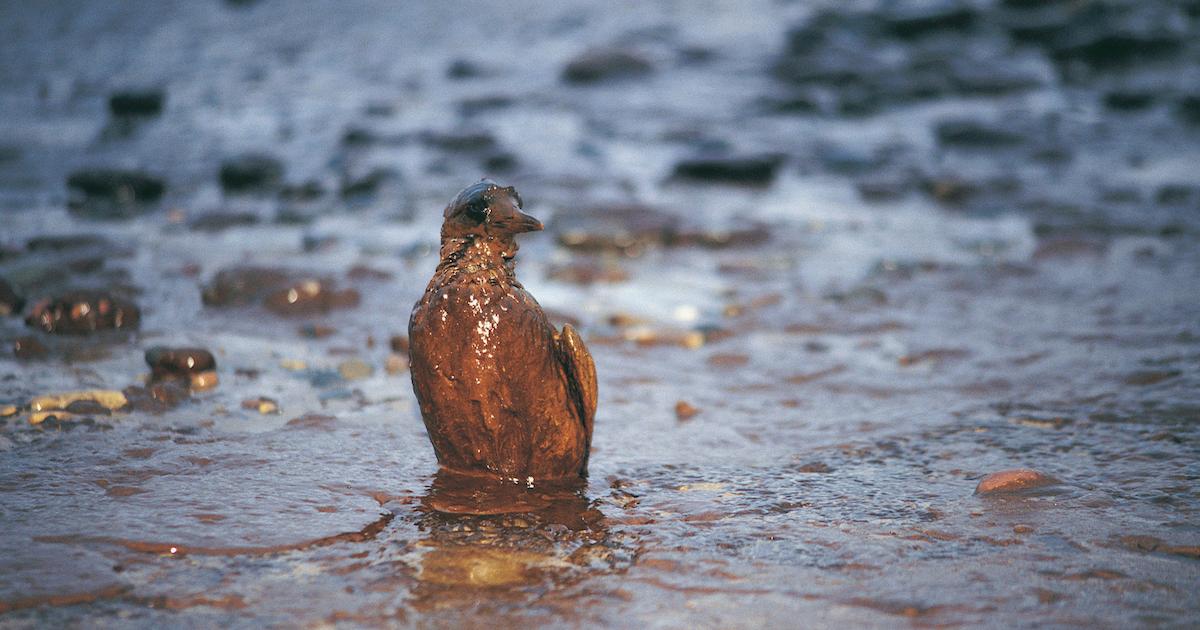
Food chains can be disrupted by the presence of offshore rigs.
Chemical and crude oil spills are more common than one might think. According to Environment America, U.S. offshore drilling results in dozens of spills a year, which wind up leaking crude oil, natural gas liquids, diesel, or hydraulic fluid into surrounding marine environments. That oil makes its way up the food chain, killing or contaminating plankton, coral reefs, small fish, crustaceans, and larvae.
If they don't simply die from exposure to the oil, the survivors are rendered poisonous to other, larger creatures, which eat them and become poisoned themselves. In addition, petrochemicals can have a long-lasting effect on the health of marine animals, damaging immune and reproductive systems and decimating entire populations along the food chain.
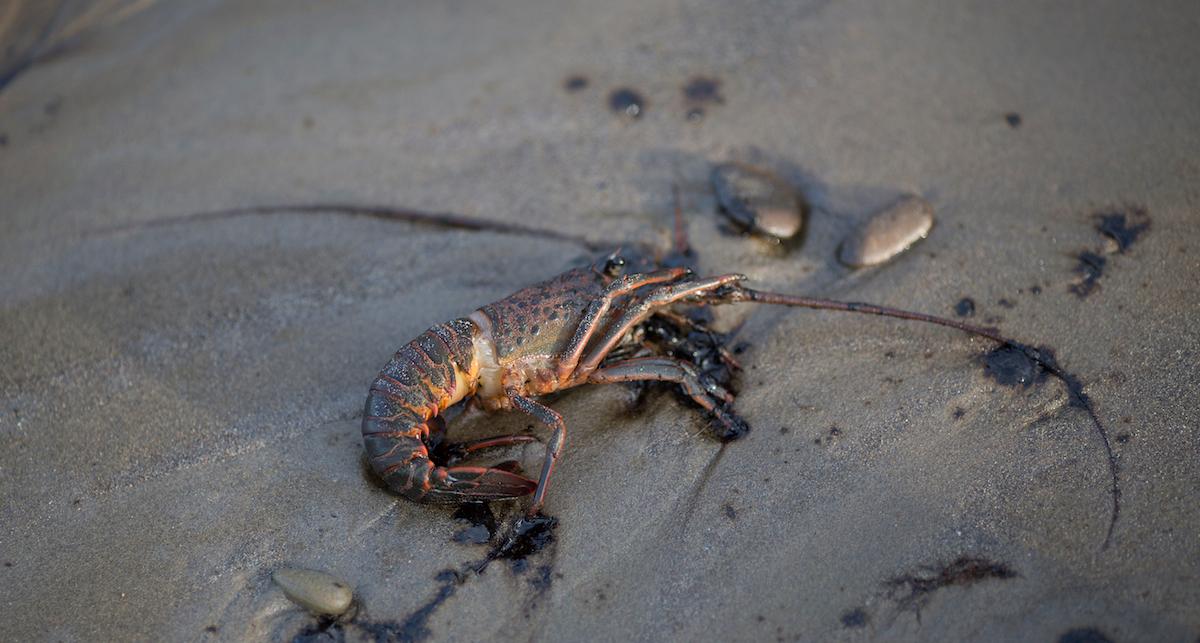
Sound pollution caused by drills is more than just annoying, it’s dangerous.
According to Oceana, the seismic, sound-based technology used to locate oil and gas beneath the ocean floor can be highly disruptive to marine life. The loud blasts caused by these seismic airguns can be as loud and destructive as dynamite and are repeated every 10 seconds beneath the waves, 24 hours a day, for weeks at a time. Sea life isn’t just disturbed by the deafening noise, they can be severely injured by the explosions and habitat damage that it causes.
These sonic, seismic surveys can cause temporary or permanent hearing loss in some marine species, which is essentially a death sentence for the social marine mammals that live nearby. Whales and dolphins use sound for everything underwater. They find food, communicate with each other, and find their way using high-pitched underwater communication. Without these tools, these poor animals are left adrift, deafened, and frightened beyond their limited comprehension.
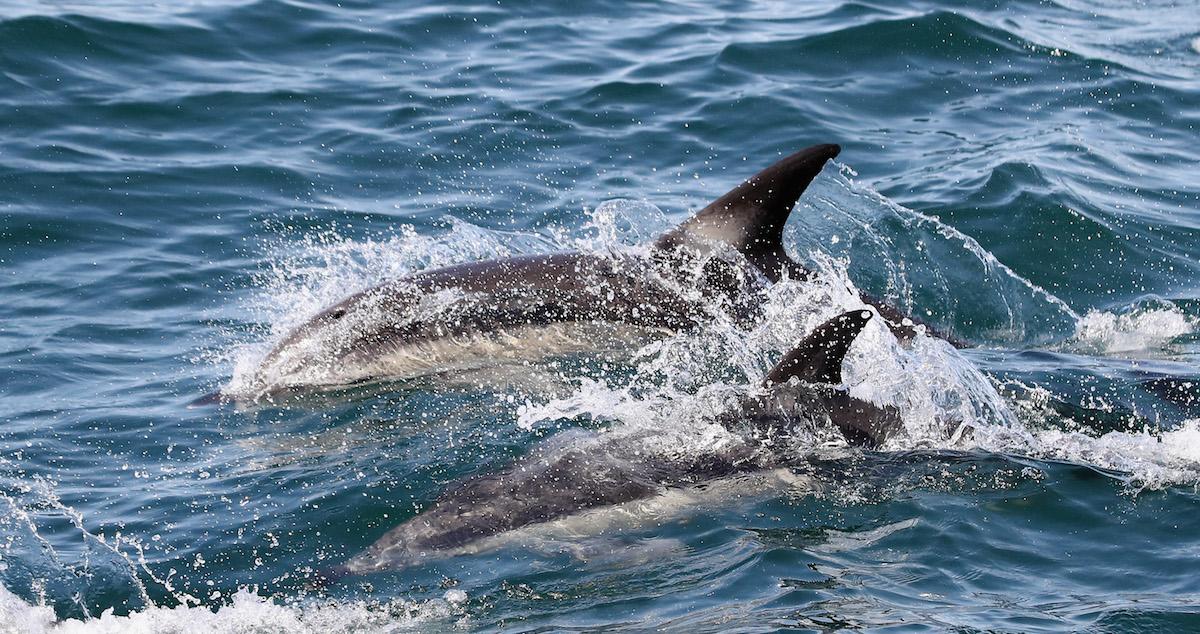
Arctic animals are some of the most affected.
Polar bears are already being affected by the warming climate and melting glaciers around their arctic home. Now, offshore drilling threatens to decimate their food sources and destroy their habitats even further. According to the World Wildlife Fund, polar bears are apex predators at the end of a potentially toxic food chain. Oil spills have already affected arctic animal populations, which have forced polar bears to change their hunting patterns.
Polar bears are also in danger of being buried or harmed by the equipment used to dig for fossil fuels in and around their habitats. This is because dedicated mother bears would rather die protecting their cubs than abandon their dens when their own lives are in danger due to seismic shifts, disturbing noise, or shifting ice, snow, or cave-ins.
Beluga whales, walruses, and arctic seals are affected in a similar way. They all prey on smaller marine species, which are more easily killed when oil spills begin gumming up nearby waters and suffocating wildlife. The whales, in particular, are highly affected by the seismic surveys and underwater testing, thanks to the communication problems they cause, though all creatures that swim are being pinched back by an influx of shipping vessels moving in and around the oil rigs.